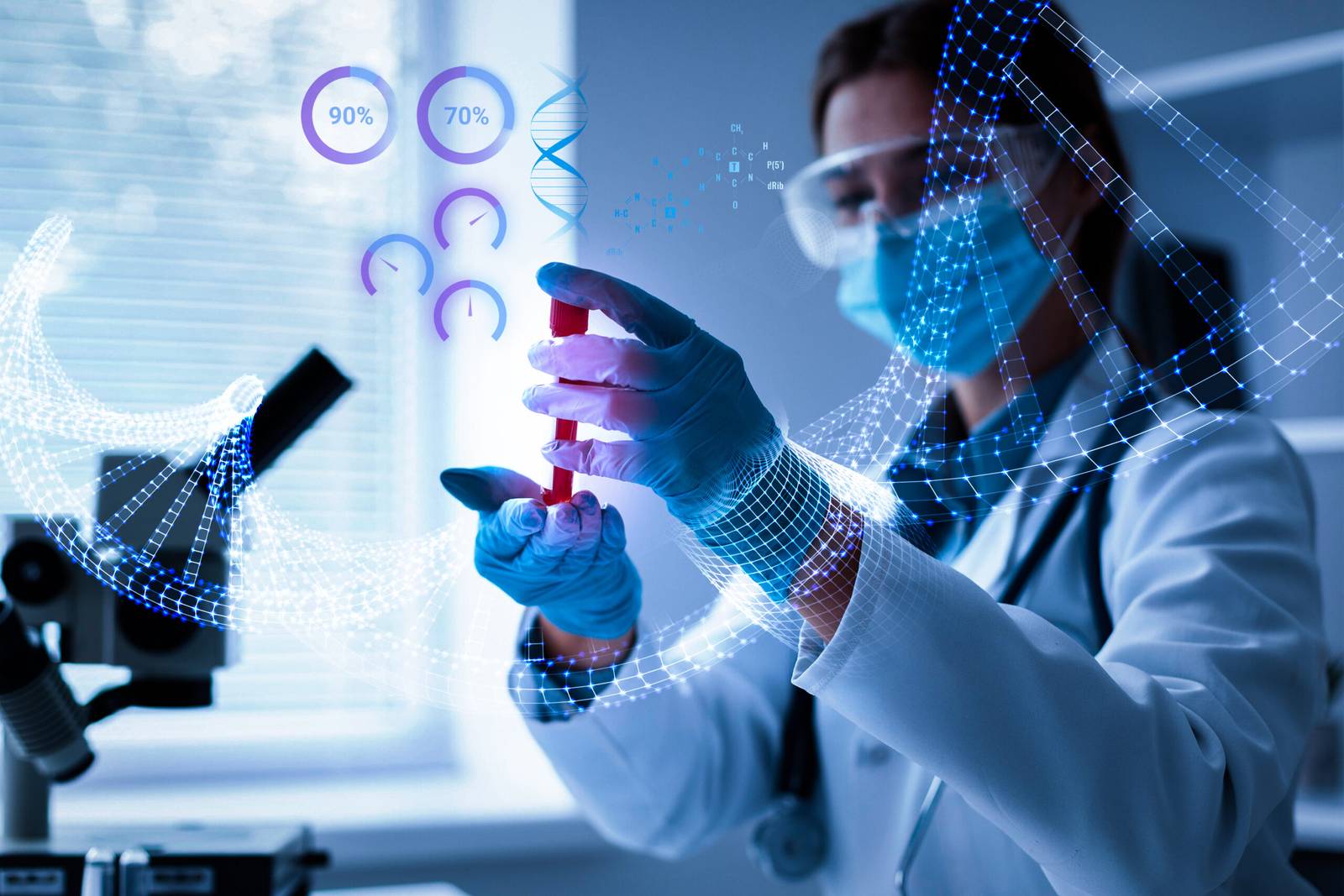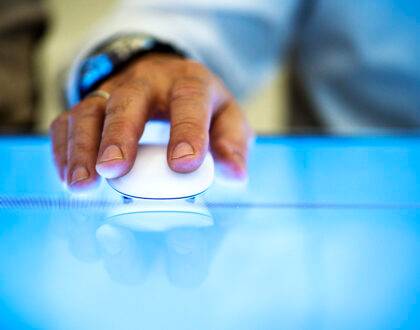Biotech Breakthroughs: Advancing Medical Science

by Web Digital
In the realm of medical science, biotechnology stands as a transformative force, merging cutting-edge technology with the intricacies of biology to revolutionize diagnostics, treatments, and our understanding of human health. From genetic engineering to personalized medicine, biotechnology breakthroughs are reshaping healthcare landscapes, offering new hope and solutions to complex medical challenges. This article explores the intersection of technology and biology, delving into the impact of biotechnology advancements on medical science, their applications, challenges, and the remarkable potential they hold for the future of healthcare.
The Fusion of Technology and Biolog
Biotechnology involves the manipulation of living organisms and biological systems to develop technologies that improve human health and quality of life. This fusion of technology and biology has led to remarkable breakthroughs that address previously insurmountable medical issues.
Advancements in Biotechnology
Numerous advancements in biotechnology are propelling medical science forward:
1. Genetic Engineering
Techniques like CRISPR-Cas9 enable precise modification of genes, offering potential cures for genetic disorders and new avenues for personalized medicine.
2. Biopharmaceuticals
Biotechnology has led to the development of biopharmaceuticals, including therapeutic proteins and monoclonal antibodies, for treating various diseases.
3. Stem Cell Therapy
Stem cells hold the promise of regenerating damaged tissues and organs, offering hope for conditions ranging from heart disease to spinal cord injuries.
4. 3D Printing in Medicine
Bioprinting allows for the creation of functional tissues and organs, potentially solving the organ shortage crisis.
5. Diagnostic Tools
Advancements in biotechnology have resulted in sophisticated diagnostic tools that enable early detection and personalized treatment plans.
6. Personalized Medicine
Biotechnology enables tailoring medical treatments to an individual’s genetic makeup, leading to more effective and precise interventions.
Impact on Medical Science
The impact of biotechnology on medical science is far-reaching:
1. Precision Medicine
Biotechnology enables personalized treatment plans based on a patient’s genetic information, optimizing outcomes and minimizing side effects.
2. Disease Eradication
Advancements in biotechnology have led to the development of vaccines and therapies that have the potential to eradicate diseases like malaria and polio.
3. Faster Drug Development
Biotechnology accelerates the drug discovery process by enabling targeted therapies and more efficient screening of potential drugs.
4. Regenerative Medicine
Stem cell therapy and tissue engineering offer the potential to regenerate damaged tissues and organs, transforming the treatment of injuries and degenerative diseases.
5. Understanding Complex Diseases
Biotechnology tools allow scientists to study the genetic and molecular basis of complex diseases, leading to deeper insights and potential treatments.
Challenges and Ethical Considerations
While the potential is vast, biotechnology also faces challenges:
1. Ethical Dilemmas
Genetic editing raises ethical concerns about altering the human genome and the potential for unintended consequences.
2. Regulatory Hurdles
Bringing new biotechnologies to market requires navigating complex regulatory pathways to ensure safety and efficacy.
3. Data Privacy
Personalized medicine relies on genetic data, raising concerns about Data Privacy and the potential misuse of sensitive information.
4. Access and Equity
Ensuring that biotechnological advancements are accessible to all populations is a challenge, particularly in low-income regions.
5. Unforeseen Consequences
The long-term effects of biotechnological interventions on human health and the environment are not always fully understood.
The Promise of Future Innovations
The future of biotechnology holds immense promise:
1. Artificial Organs
Advancements in biotechnology could lead to the development of fully functional artificial organs.
2. Neurological Therapies
Biotechnology could provide breakthroughs in treating neurological disorders, such as Alzheimer’s and Parkinson’s disease.
3. CRISPR-Based Therapies
CRISPR technology holds the potential to cure genetic diseases by precisely editing faulty genes.
4. Synthetic Biology
The field of synthetic biology could lead to the creation of entirely new biological systems for medical applications.
Conclusion
Biotechnology’s marriage of technology and biology has unlocked new frontiers in medical science, transforming our ability to diagnose, treat, and understand diseases. From genetic engineering to regenerative medicine, the impact of biotechnological breakthroughs on healthcare is undeniable. However, as the field continues to evolve, ethical considerations, regulatory challenges, and equitable access must be addressed. The potential for further innovations is boundless, with the promise of artificial organs, neurological therapies, and groundbreaking genetic interventions. As we stand on the precipice of a biotechnological revolution, one thing is clear: the synergy between technology and biology will continue to reshape the future of medical science, offering hope, healing, and improved well-being for generations to come.
Recommended Posts

The Impact of Tech on Ocean Exploration
December 1, 2023

Tech Solutions for Disaster Preparedness
November 30, 2023

Tech in Sports: From Performance Analysis to Fan Engagement
November 30, 2023
